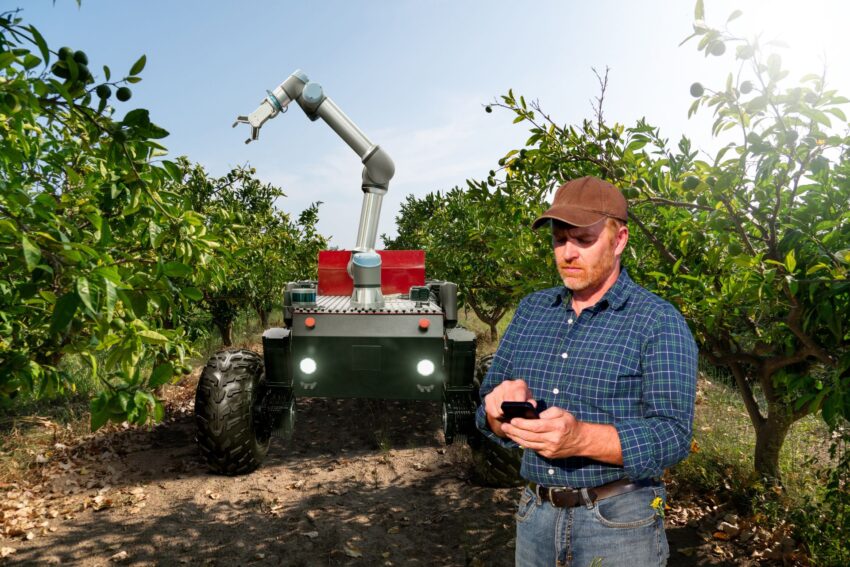In a world where technological advancements astonish us year after year, agriculture is not left behind. We are seeing new and creative ways to use technological innovations to our advantage, lowering cost while increasing efficiency and yields. These solutions mean that we will no longer need as much human labor on farms as we move into the future.
The narrative has long been that America’s food system teeters on the brink of collapse without its undocumented workforce. However, new advancements in AI, drones, and automation could make this narrative irrelevant in a short matter of time.
The Justification for Open Borders
For years, we’ve heard that America’s agricultural sector would crumble without its army of undocumented workers. Like clockwork, every harvest season (and especially this election cycle), the cries for more open borders grow louder, suggesting that without these workers, our supermarkets would resemble barren wastelands, and we would all be fighting over scraps at our dinner tables.
Would Enforcing Immigration Laws Really ‘Decimate’ America’s Food Supply?
It’s no secret that many large agribusinesses have relied heavily on this labor force. The open borders narrative suggests that without them, who would bend over to pick our strawberries, or climb the ladders to snip our grapes? Certainly not the average, lazy, entitled American, who, according to them, would rather swipe right than work in the fields.
Enter the Robots
Here comes the twist in our agricultural saga. With technology moving ahead full steam, robots, drones, and AI are now ready to take over the fields. Autonomous machinery is not just science fiction anymore; it’s here, promising to do back-breaking work without breaks or benefits.
However, the same media outlets that once championed open borders for agricultural stability are now expressing concern over the fate of these very farm workers. The narrative has shifted from “we need them” to “what will happen to them?”
Autonomous tech is coming to farming. What will it mean for crops and workers who harvest them? https://t.co/I5V3AkHXKM
— The Gazette (@gazettedotcom) October 28, 2024
… But they can reduce the number of people needed on farms and put extra pressure on the workers who remain, he said. That pressure is heightened by increasingly automated technology like video cameras used to monitor workers’ productivity.
Automation can be “a tactic, like a strategy, for bosses, so people are afraid and won’t demand their rights,” said Jimenez, who advocates for immigrant farmworkers with the grassroots organization Alianza Agrícola. Robots, after all, “are machines that don’t ask for anything,” he added. “We don’t want to be replaced by machines.”
“You need to have open borders and allow endless immigration or else who will farm your crops?!”
“Automated machines.”
“But what about the poor workers?”
“We do not need human beings trafficked across the border and illegally employed anymore.”
Automation in agriculture promises efficiency, reduced costs, and a solution to some of the ethical dilemmas surrounding labor conditions. We have seen many stories about how poor conditions are for farm workers who are stuck out in the heat all day without proper safety precautions, so why shouldn’t we welcome this solution? They no longer have to be “exploited” in America.
The Problems of Progress
However, there is a serious discussion to be had about removing the human element from farming altogether. The family farmers of America, who have been increasingly pushed out of the way by giant agribusinesses, could find that they are no longer able to compete against the highly mechanized corporations.
The Future of Farming Without Farmers: A Shift Towards Automation, AI & Corporate Control
In our push to fill labor shortages and shore up the borders of our country, we must ensure that American farmers are still in control of our food supply.
Finding Solutions
The conversation around farm automation reflects a larger societal debate on progress. Is the future of agriculture one where fields are tended by machines, with humans relegated to the roles of overseers or tech support? Or can we find a balance where technology and human farmers work together to feed the world?


